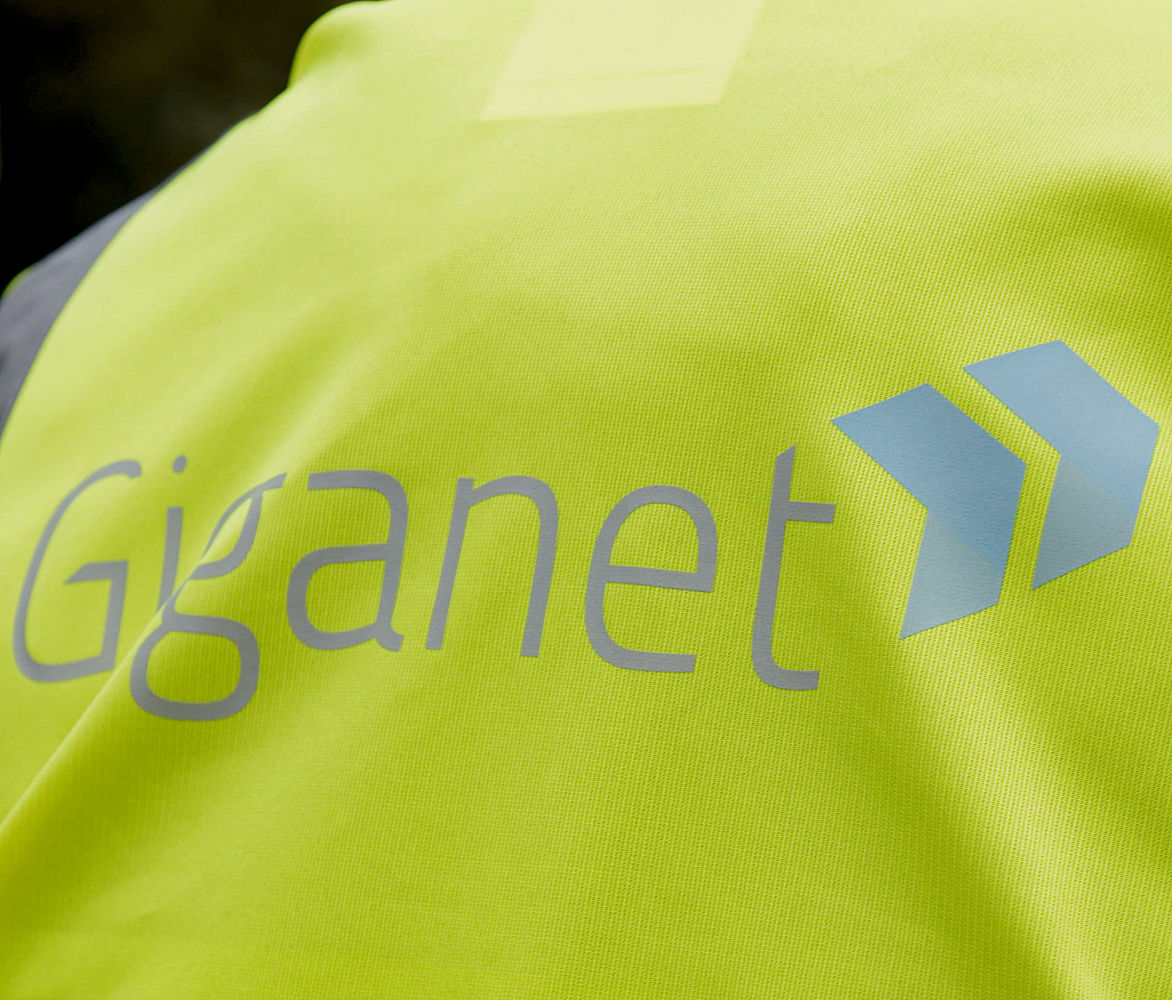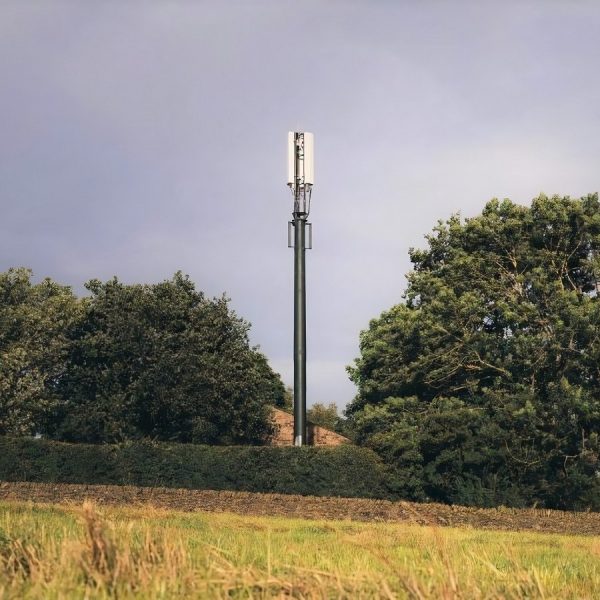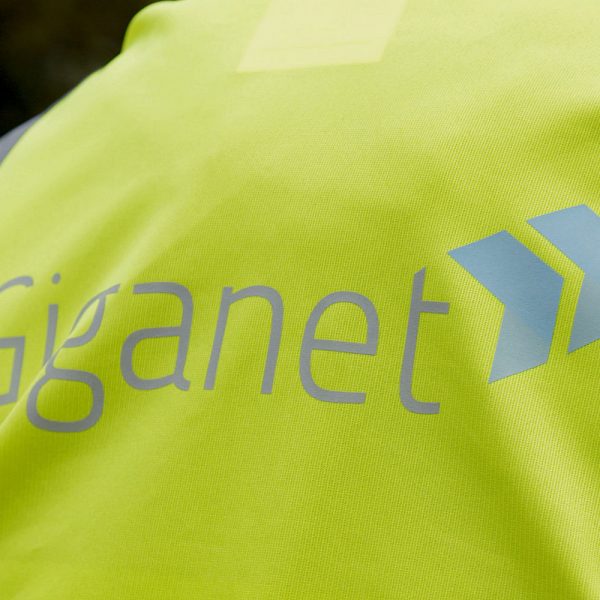techUK Plugs 5 Recommendations for Helping the UK to Deliver 5G Mobile
A new report from techUK, which is an industry group for many of the United Kingdom’s key technology companies, has proposed five recommendations that Ofcom and the Government should adopt in order to make the upgrade to future ultrafast 5G Mobile technology a success.
At present 5G technology is still in the late alpha stages of development and an official standard probably won’t be agreed until 2018. Never the less we do know that the technology will aim to deliver at least a peak download performance capability of 20Gbps (Gigabits per second), which will fall to 10Gbps for uploads and offer user latency of 1 millisecond+ (details).
However the first commercial roll-out isn’t expected to take place in the United Kingdom, as well as most other countries around the world, until 2020 or later. This is partly because regulators (e.g. Ofcom) will need time to free-up existing radio spectrum (here), harmonise its use and then make it available to the market for operators to bid on (mobile operators often like to squabble over such things, which may add further delays).
Likewise any new technology will also need time to be refined before it can be squeezed into the size of today’s incredibly slim Smartphones. As such the early deployments / trials will mostly reflect fixed wireless networks for servicing homes and businesses with “ultrafast” broadband, with Mobile use set to be tested at a later date.
In keeping with that the new report from techUK – ‘5G: New Services, New Customers, New Challenges‘ – seeks to highlight the potential of 5G and to shed a light on some of the obstacles to its early and widespread deployment. The group also notes that the business case for early deployment of 5G in the UK is “uncertain,” not least because many consumers may have a “low willingness to pay for technology upgrades.”
On top of that techUK warns that the high price of related radio spectrum and a “drawn-out and costly planning approval and deployment process” may also hamper 5G. Not to mention that the political, media and regulatory focus is often fixated on headline downlink speeds, with “little consideration” being given to the “quality of connection, coverage or customer service.”
Julian David, CEO of techUK, said:
“The UK was slow to get 4G spectrum into the hands of industry, and the planning and approvals process further delayed the UK reaping the benefits of 4G. I am delighted that the UK Government has no intention of repeating that mistake with 5G. The UK has a real opportunity to become a 5G leader and Europe’s showcase for the applications and services enabled by 5G.
techUK strongly supports the UK Government’s focus on 5G, and the considerable effort Ofcom has put into identifying suitable spectrum which could be made available quickly, but to become a 5G leader, the UK needs to do even more.
Specifically, we need to see a much more coordinated approach to deploying – and sharing – infrastructure, and a focus on connectivity in major transport corridors. I am delighted to say that techUK already has initiatives underway, bringing together industry and public sector, to assist in policy development in these key areas.”
The Government has already outlined its Digital Strategy for the United Kingdom, which reiterated some vague commitments towards future 5G deployments and investment over the next decade. However we’re expecting to hear more about this in tomorrow’s 2017 Budget announcement and naturally techUK has included a list of fairly predictable recommendations to help guide public policy.
Recommendations
1. Ofcom should auction 700 MHz spectrum in advance of final UK clearance to enable those who are awarded some of this spectrum the opportunity to plan their networks and deploy infrastructure even before the last Freeview multiplex had been relocated.
2. Ofcom should both encourage competition amongst mobile operators and facilitate quality coverage, including the use of greater sharing.
3. The Government, and public sector managers of key transport corridors, must work with industry to ensure 5G connectivity far exceeds what is currently offered by 4G.
4. Ofcom should initiate a debate with industry to plan trials in pioneer bands and to determine the optimal form of releasing spectrum to the market (e.g. award mechanisms, auction, beauty contest and shared access, regional vs national licences), methods of mitigation between 5G and incumbent uses.
5. A much more proactive and joined-up approach towards deploying urban infrastructure is imperative. The UK cannot be a 5G leader unless it can ensure that 100,000s urban microcells could be efficiently deployed, where and when they were needed, with fibre ready to go – and ideally with the roads being dug up only once.
Most of the recommendations are fairly obvious, although we’re glad to see that techUK has recognised the challenge of building a “joined-up approach towards deploying urban infrastructure” as the sheer complexity and cost of building a high frequency 5G network in urban environments is no small problem to overcome.
The best 5G speeds require some very high frequency spectrum bands (e.g. 28GHz+), which can result in poor coverage / signal quality unless you build a dense network. However this is a complex approach and one that could easily become very costly, it’s also one that might not work so well in rural areas where more traditional (lower frequency) bands may be favoured (e.g. 700MHz to 3.4-3.6GHz).
The potential for interference, particularly when deploying advanced Multiple Input, Multiple Output (MIMO) antenna technology (increased spectral and energy efficiency), is another possible problem area. 5G is expected to utilise MIMO for both transmit and receive, supporting multiple operating frequency bands simultaneously, which the report claims could produce “several potential sources of interference, including between simultaneous modes of transmission and cross-talk between different radios at the same or adjacent frequency.”
Suffice to say that Ofcom and the Government have a lot of work to do and with trials already being planned then now is the time to get cracking.
Mark is a professional technology writer, IT consultant and computer engineer from Dorset (England), he also founded ISPreview in 1999 and enjoys analysing the latest telecoms and broadband developments. Find me on X (Twitter), Mastodon, Facebook and Linkedin.
« Business Broadband ISP Metronet UK Gobbles Venus’s London Fibre Network
Latest UK ISP News
- FTTP (5516)
- BT (3514)
- Politics (2538)
- Openreach (2297)
- Business (2262)
- Building Digital UK (2245)
- FTTC (2044)
- Mobile Broadband (1973)
- Statistics (1788)
- 4G (1664)
- Virgin Media (1619)
- Ofcom Regulation (1461)
- Fibre Optic (1395)
- Wireless Internet (1389)
- FTTH (1381)
























































Comments are closed